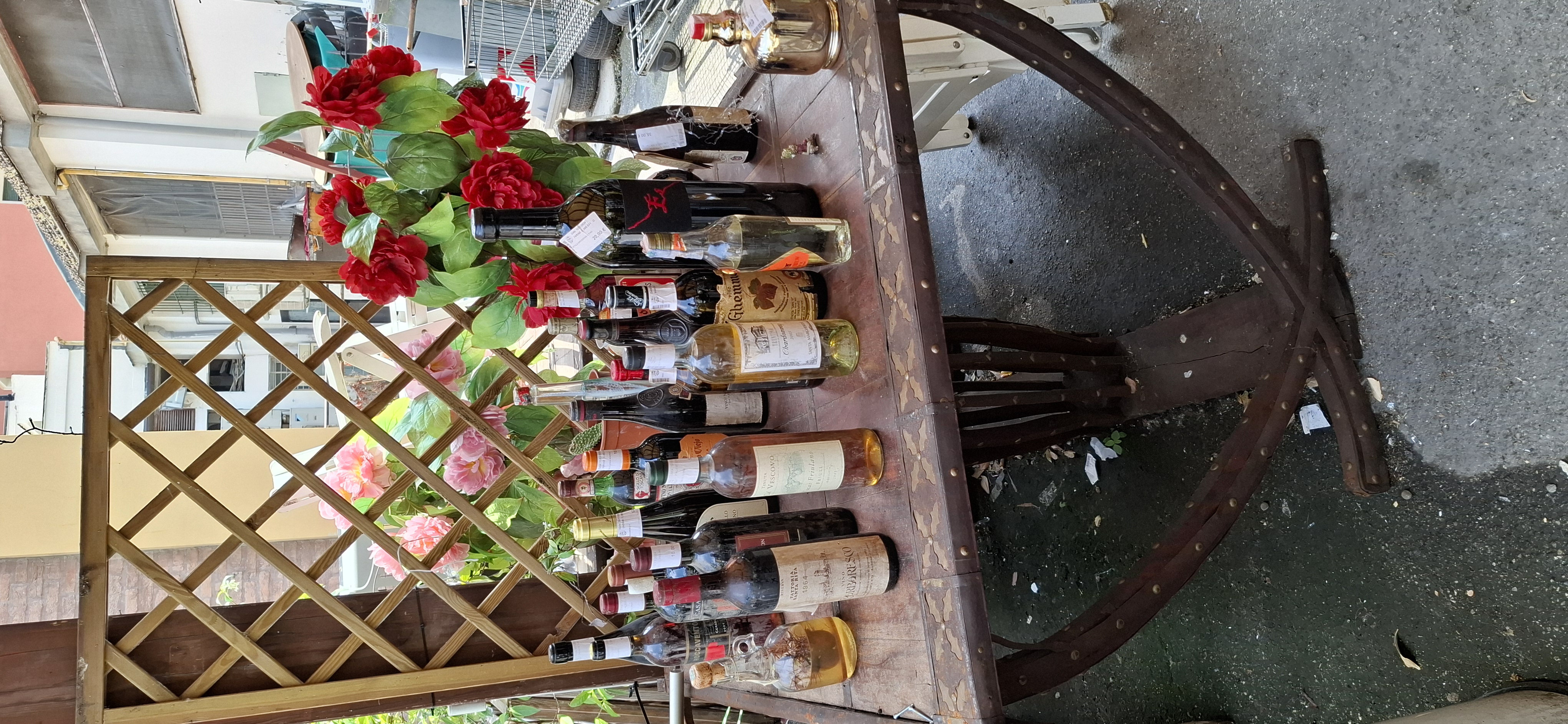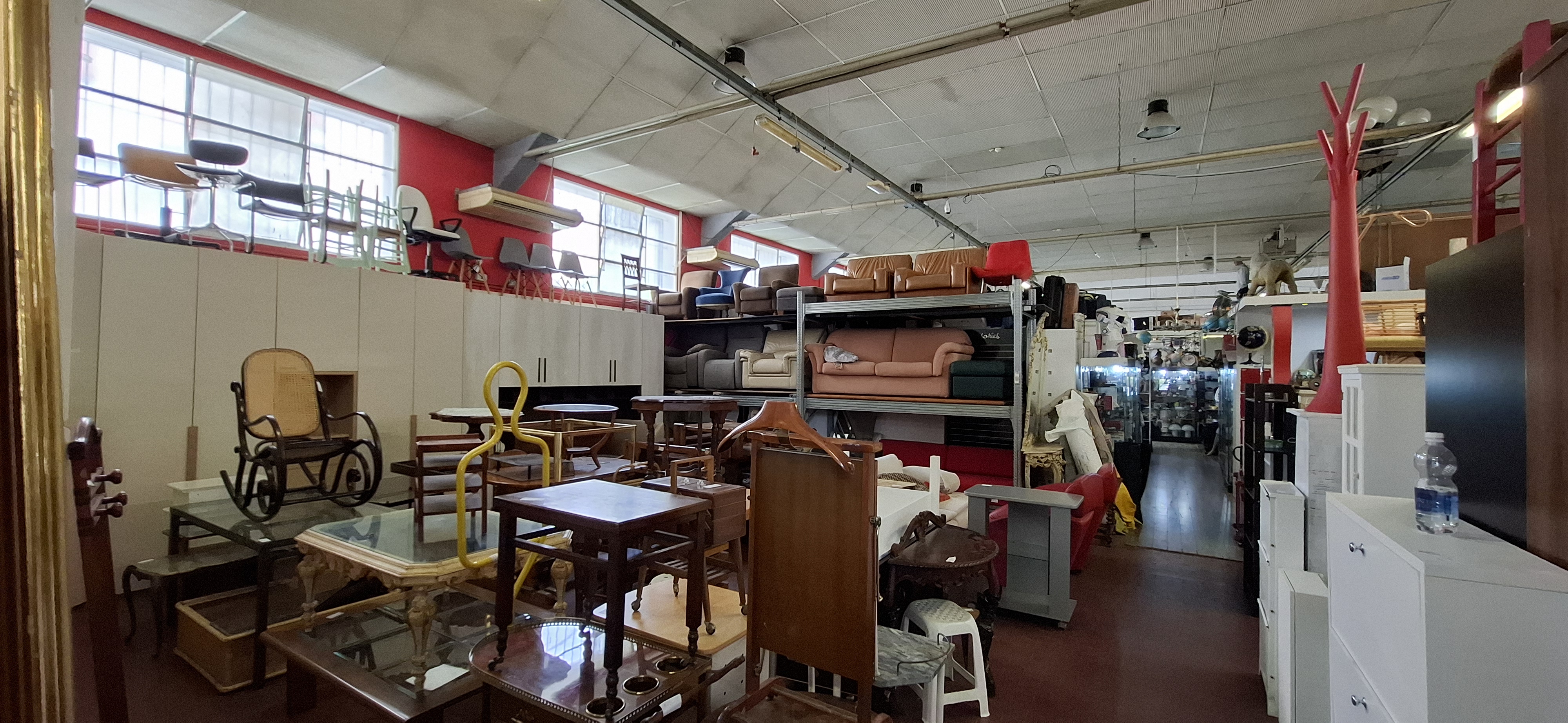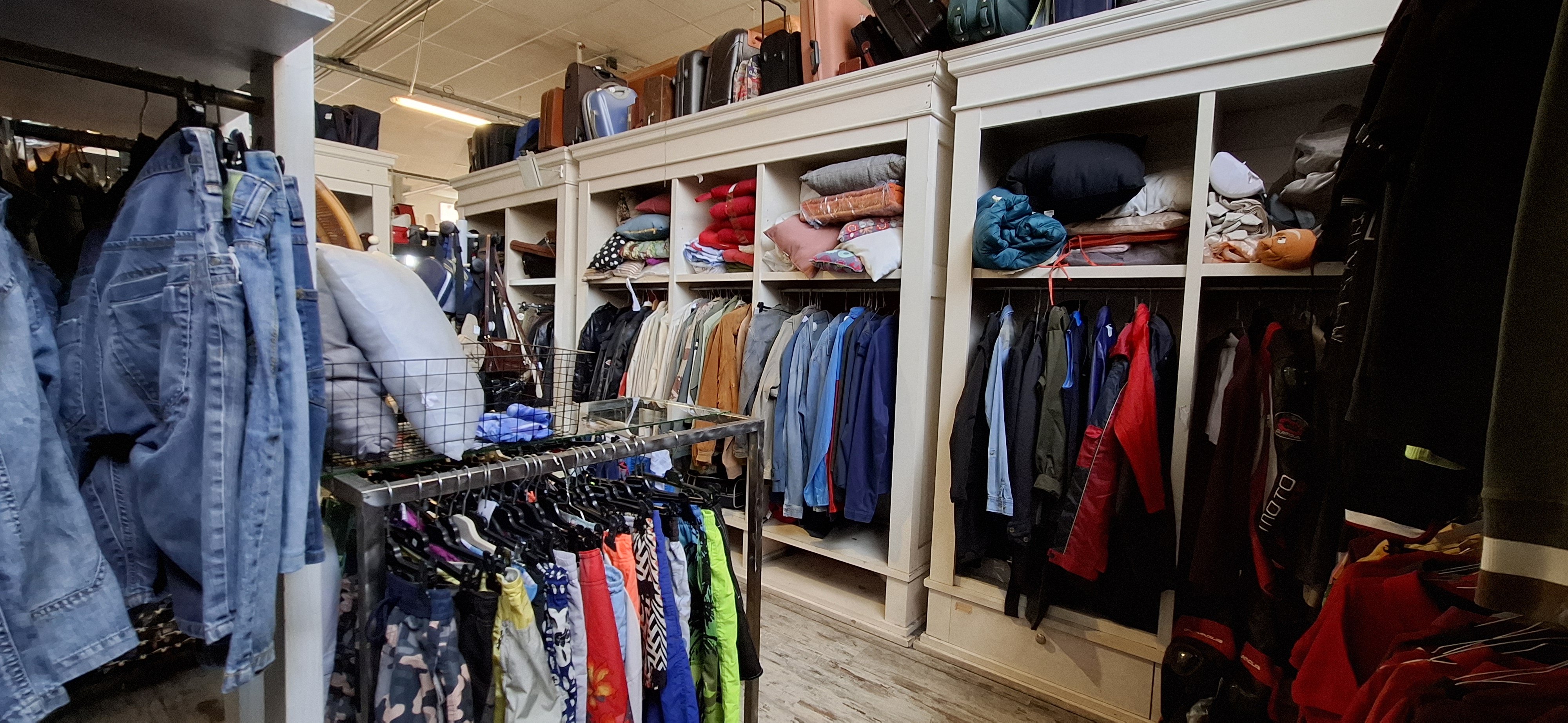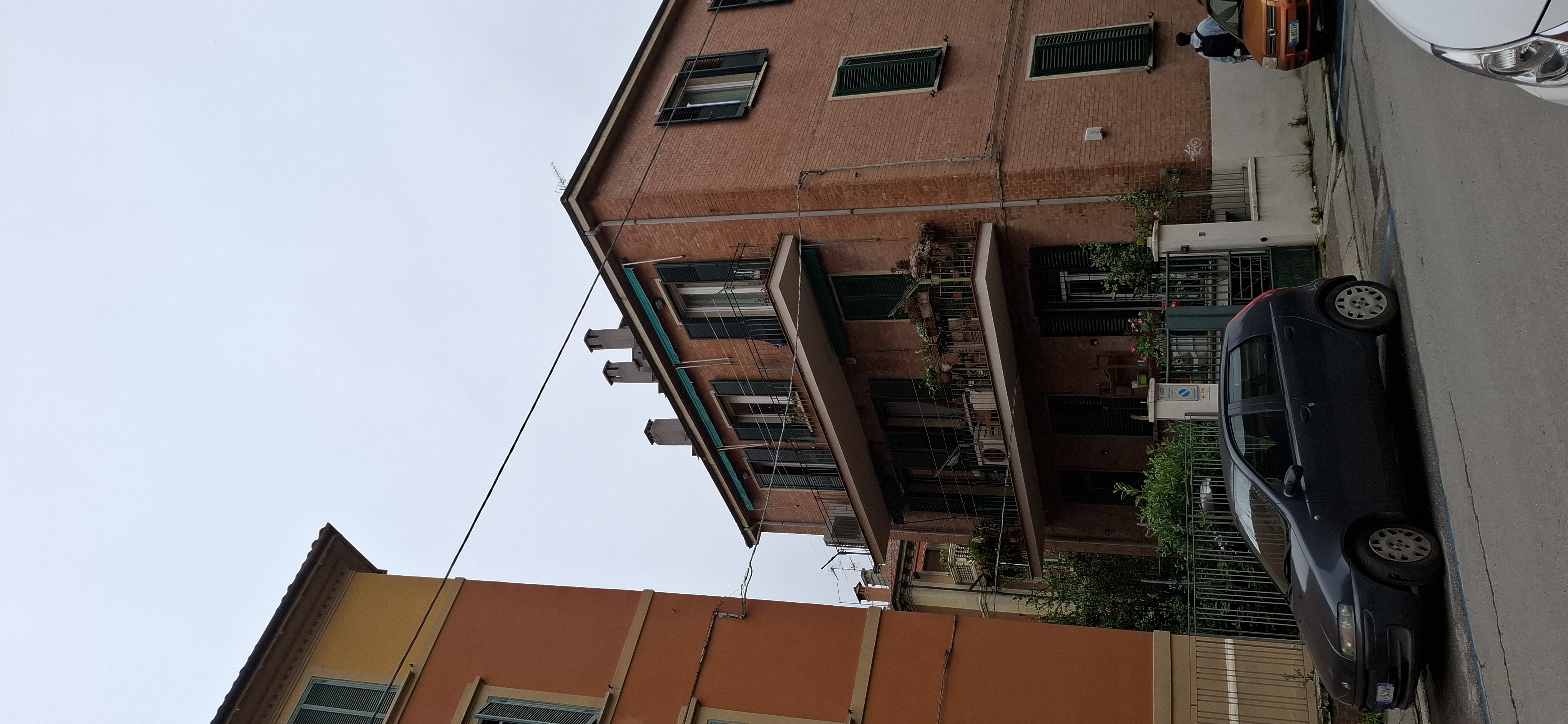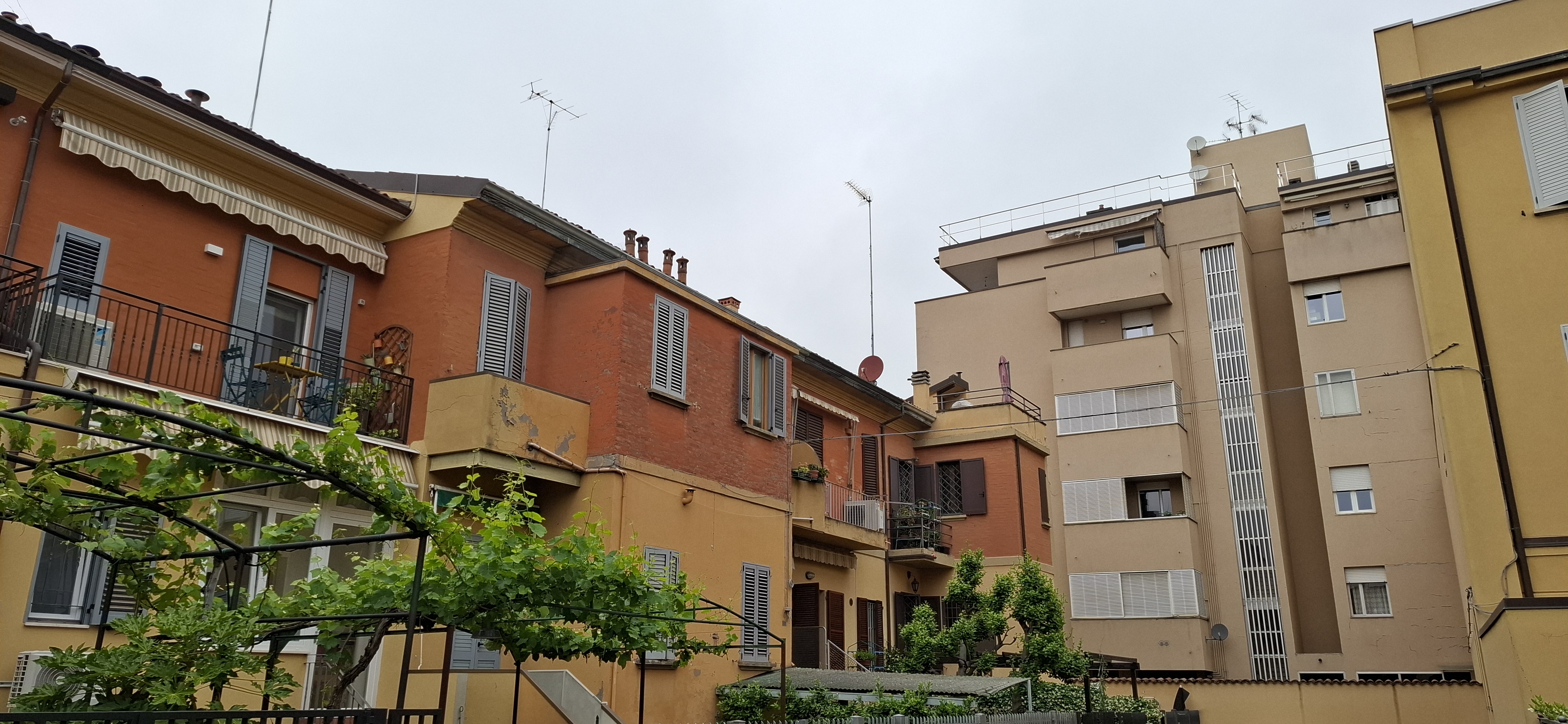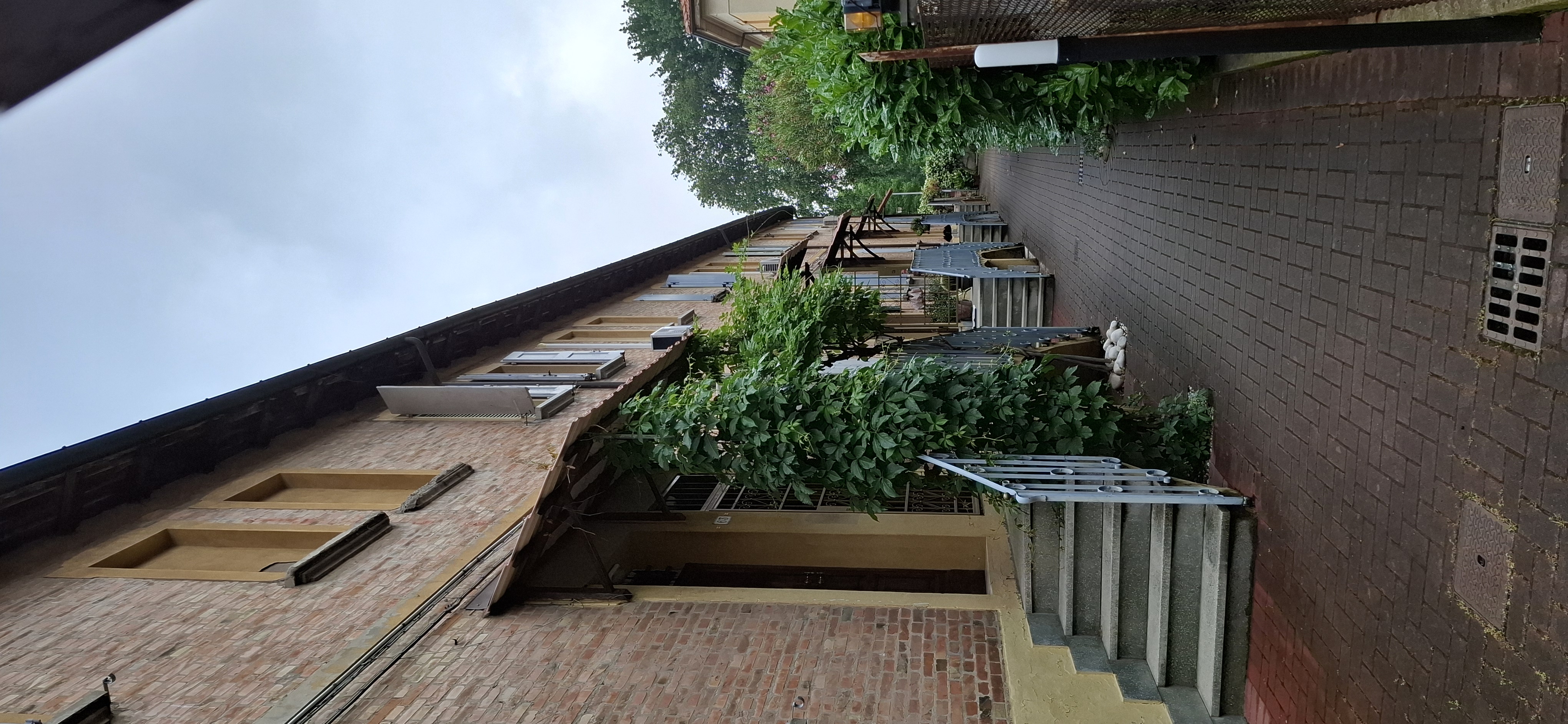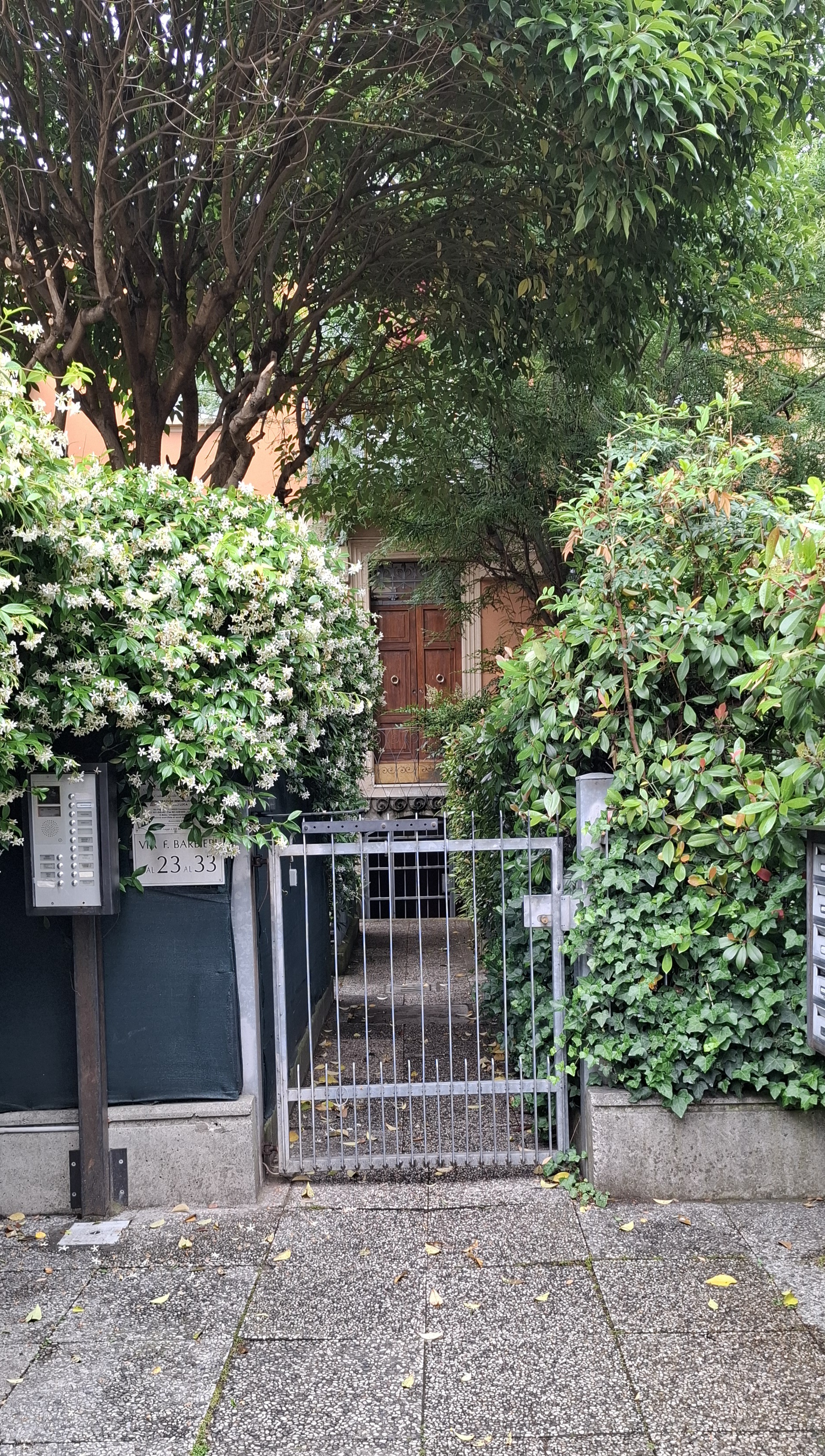Things from Bologna (Anzola, Palazzina)
Random stuff that caught my eye in the last month
Epistemic status: based on one month of living near Bologna...
■ Societal things
└─ Italian restaurateurs
On my first day in Anzola, I walked into a small trattoria with my parents.
The owner approached us in his thick Bolognese accent and asked, "Did you book a table?"
"No"
"No problem, we’ll find you a spot!"
He led us to a table with a reserved sign that read "Luca" (male name).
Turning to my mom, he said: "For now, you’re Luca: go ahead and sit!"
Then he put on a show of classic Italian hospitality:
- To my dad he joked, "So, what are we feeding the wallet today?"
- He recommended dishes like a seasoned expert, with the pride of someone unveiling a treasure they’ve refined over years of hard work.
- To a regular customer: "See you before Easter?"
The man shrugged, "Not sure if I can make it before Thursday..."
The owner shot back, "You idiot, Easter’s on Sunday!"
Noticing I’d overheard, he turned to me with a serious tone: "Kid, study hard or you’ll end up like this guy!"
└─ Italians and soccer
The stereotype is true: Italians are crazy about football.
When the local team won an important final, Bologna celebrated until 2 AM, even though everyone had work the next day.
Bologna FC has such a passionate fanbase that it even has its own Wikipedia page.
Not only: in the city you'll see themed store shutters everywhere, with each shop displaying scarves or fan symbols!
└─ The most human man in the world
Coming back to this idea that "Bologna is a human city."
On the bus from the periphery to downtown, there's this guy around 30 years old, wearing a camel-themed yellow motorcycle jacket with ordinary jeans.
He carries just a small water bottle and nothing else.
I was struck by his face: the most ordinary imaginable, the face of someone who lets life happen.
He greets half the bus, starts chatting with a woman about work, the weather, the passing years, how they'll clock in late because of traffic.
He waves to someone in a car outside the bus with the ease of someone accustomed to greeting many people.
He says hello to a little girl boarding with her mother.
He kisses a young woman on the cheek, probably a co-worker.
Then the bus reaches his stop.
He sighs like a Bolognese (not like a Milanese!), gets off, and heads to work.
Same as every other day, I imagine.
He behaved so naturally that at first I thought he might have some mental disability, when in reality, he was probably just kind.
Funny how similar those two things can appear...
Probably I am simply not used to seeing behaviours that feels so genuinely normal.
■ City things
└─ On buses, you’re supposed to wear seatbelts
The buses have signs on the windows reminding seated passengers to buckle up.
It’s the first time I’ve ever seen this in Italy!
Of course, nobody does.
└─ Bologna wants to be Milan, but it will never be
When I visited Milan, I found it cold, gray, and unfit for human life.
Bologna, on the other hand, feels deeply human.
It’s a city of people who share everyday struggles and support each other with empathy and warmth.
Talking to locals, I was surprised to learn that Bologna aspires to be Milan.
It dreams of economic power, national influence, and cutting-edge tech dominance.
Yet I’m convinced it’ll never happen.
Bologna is too sweet, too alive.
Its streets aren’t filled with sleek businessmen sprinting to meetings, they’re walked by laborers with tool belts and worn-out satchels.
The air doesn’t hum with "I must rush to invoice" but with "I must rush to help my customer who needs me."
The only thing these cities share?
Morning traffic rage.
└─ The city hates cyclists
The bike lanes in the city center are placed right in the middle of the road.
Sandwiched between car lanes going both directions.
I think this might be the most dangerous possible place to put cyclists.
└─ Secondhand markets
In Bologna, secondhand markets are serious business.
These aren't your typical flea markets with temporary stalls: they're massive, permanent stores packed with treasures.
Here I completely lost track of time mesmerized by the sheer randomness of items I discovered:
└─ Street Scenes
Bologna tastes like Italy.
The kind you see in films, where buildings wear ivy, and every courtyard whispers of Sunday lunches with friends.
That quintessential Italian life.
